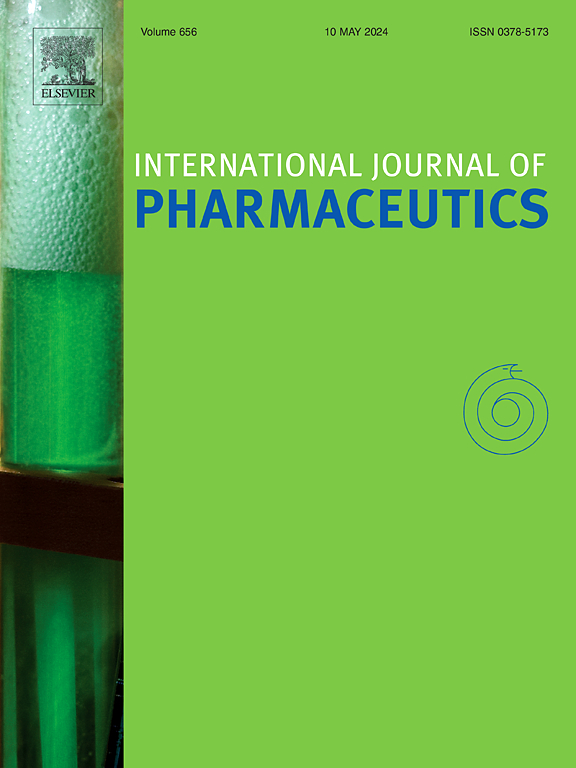Encapsulation of thyme essential oil in dendritic mesoporous silica nanoparticles: Enhanced antimycotic properties and ROS-mediated inhibition mechanism
Abstract
Dendritic mesoporous silica nanoparticles (DMSNs) have emerged as promising nanocarriers due to their unique three-dimensional structure and tunable pore characteristics. This study investigates the potential of DMSNs to deliver thyme essential oil (TEO) for enhanced antifungal activity against Fusarium oxysporum (F. oxysporum), a major plant pathogen. DMSNs were successfully synthesized and characterized, followed by the encapsulation of TEO within their porous structure. The resulting TEO@DMSNs composites exhibited significant antifungal activity against F. oxysporum, with inhibition rates reaching 70%, indicating an effective crop protection with a dose-dependent effect. The enhanced antifungal efficacy of TEO@DMSNs compared to free TEO is attributed to the sustained release of TEO and the synergistic effect of the nanocarrier itself. In-depth mechanism investigations revealed that TEO@DMSNs likely disrupted the fungal cell membrane, leading to leakage of cellular contents and ultimately cell death. Moreover, DMSNs and TEO@DMSNs were found to be safe for plant growth, demonstrating their potential as environmentally friendly antifungal agents. This study provides valuable insights into the design and development of advanced nanocarriers for targeted drug delivery and disease management in agriculture.





